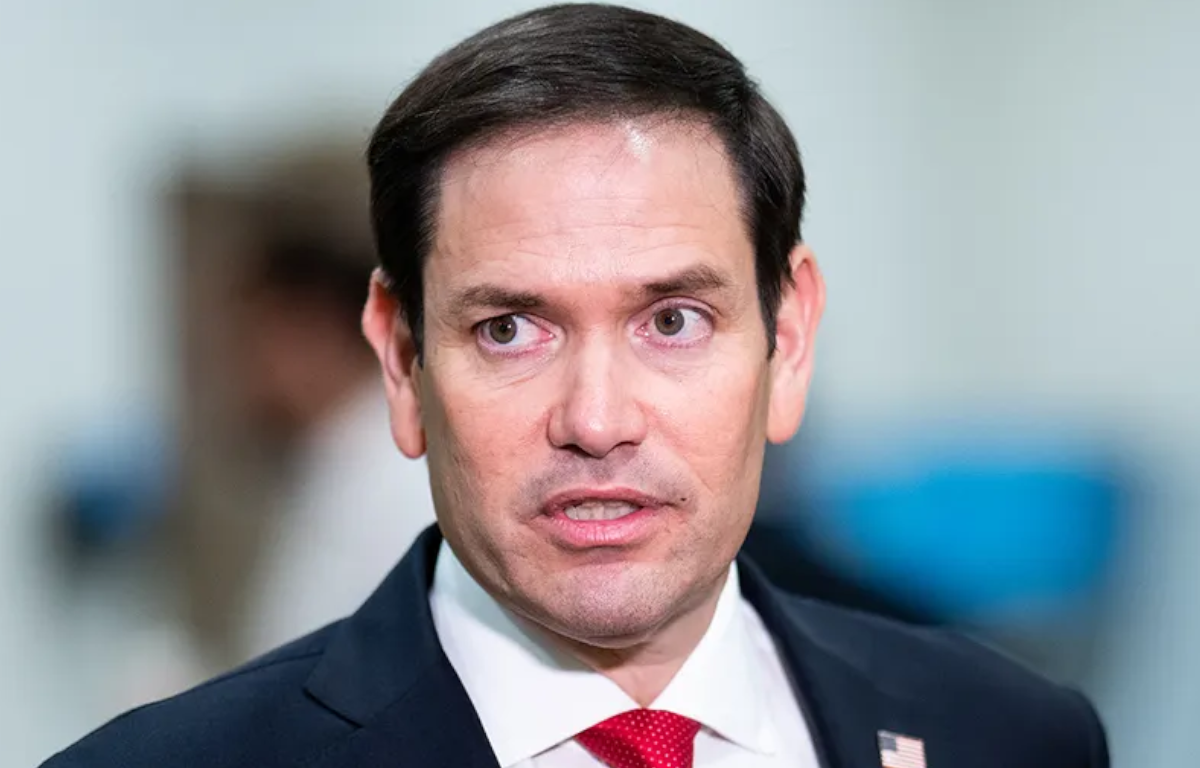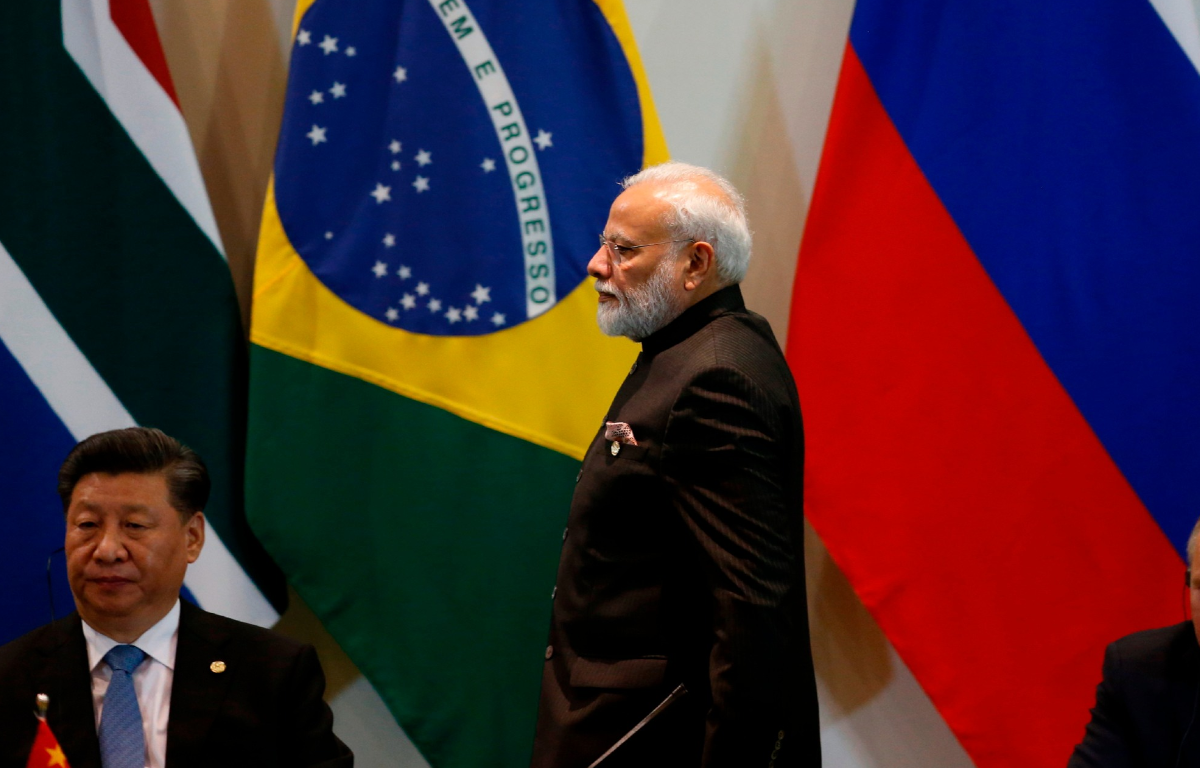
Iran, a consistent adversary of the United States, has regularly used the UN General Assembly to address its nuclear ambitions. While Iran claims its nuclear program is for peaceful purposes like energy generation and medical research, the U.S. and its allies remain deeply skeptical, fearing the potential regional instability posed by Iran’s nuclear activities. This contention continues to fuel diplomatic tensions and negotiations over the Iran Nuclear Deal.
Russia, under President Vladimir Putin’s leadership, has taken a confrontational stance toward the United States, using the UN General Assembly as a platform to challenge American policies. Putin has criticized U.S. military interventions and unilateral actions in global affairs, with conflicts in Ukraine and Syria featuring prominently in his addresses. These actions have strained U.S.-Russia relations, contributing to a tense atmosphere in international politics.
China, a rising global power and a significant competitor to the United States, has been a prominent player at the UN General Assembly. Chinese President Xi Jinping positions China as a supporter of globalization and multilateralism, implicitly contrasting it with the United States’ more unilateral approach. China’s expansive Belt and Road Initiative, a massive infrastructure development project, has garnered global attention and raised concerns in Washington regarding China’s growing influence.
North Korea, an isolated nation, has used the UN General Assembly to launch verbal attacks on the United States, accusing it of aggression and imperialism. The North Korean nuclear program remains a consistent source of concern for the U.S. and its allies, and discussions surrounding the General Assembly frequently revolve around this issue. North Korea’s provocations contribute to the ongoing tensions between the two nations.
Venezuela’s political crisis has also played out on the UN General Assembly stage. The United States recognizes opposition leader Juan Guaidó as the legitimate president, while the Maduro government enjoys support from Russia and China. These annual meetings have seen intense exchanges between these nations, reflecting the deep divisions regarding Venezuela’s political future.
The United Nations General Assembly serves as a unique diplomatic platform where countries, including those in opposition to the United States, articulate their intentions and grievances on a global scale. This international forum provides a crucial arena for navigating the complex landscape of geopolitics, offering an opportunity for dialogue and diplomacy amid the myriad of global challenges. While it may not always lead to immediate solutions, the General Assembly remains an essential hub of international relations in an interconnected world.










Share this: